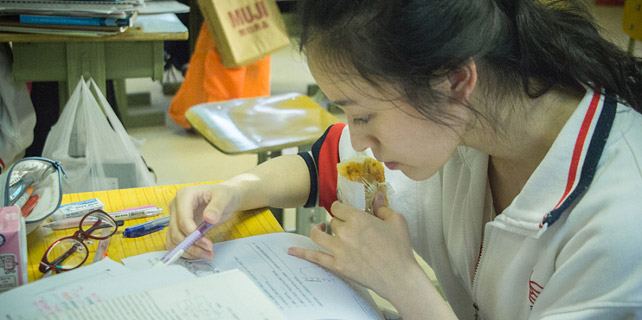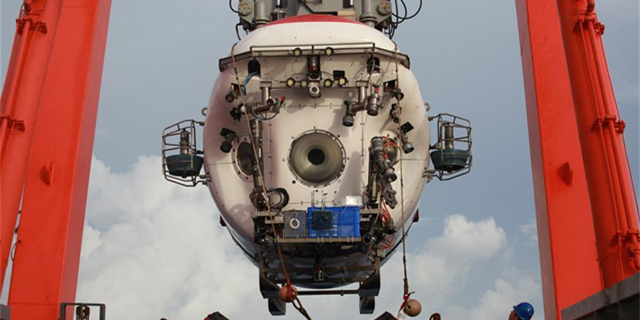Govt eyes further opening-up
 |
|
Workers from Zhejiang Fengrui Engine Co Ltd assemble engines for Geely automobiles in Yiwu, Zhejiang province. LYU BIN / FOR CHINA DAILY |
Plans to relax foreign ownership limits in key sectors, including automotive electronics
China is planning to relax foreign ownership limits in key sectors, including automotive electronics, new energy vehicle batteries and motorcycles, as the country moves to level the playing field for business, a Ministry of Commerce spokesman said on Thursday.
Sun Jiwen said the government has been expanding efforts to further open up high-end manufacturing to foreign investment.
He told a news conference in Beijing that a revised version of the Catalog for the Guidance of Foreign Investment Industries will be released and put into effect in the near future.
Sun's comments follow recent remarks made by German Economy Minister Brigitte Zypries that China's foreign investment limits went against its position on free international trade.
Sun said absorbing foreign investment was an important part of China's opening-up policy. He said the government had striven to open the market more to foreign investors in accordance with World Trade Organization rules.
According to data from the ministry, foreign direct investment totaled 286.4 billion yuan ($41.6 billion) in the first four months of this year, a year-on-year drop of 0.1 percent. During the same period, 9,726 internationally funded companies were established across the country, up 17.2 percent from the same period last year.
In addition to the manufacturing sector, the guidance is expected to offer more foreign investment access to the services sector and the mining industry, and reduce the number of restrictive measures from 93 to 62.
Wang Binggang, a senior researcher working on a new energy vehicle research project financed by the Ministry of Science and Technology, said that the policy changes showed the government's resolution to level the playing field and encourage fair economic activity.
Wang added that in this new environment, local manufacturers would have more incentive to optimize their production technology and improve the quality of products.
The researcher said that local governments should not overreact in implementing the central government's policy, by giving much more preferential treatment to overseas companies than their mainland competitors.
Otherwise, he said, it would hamper wider efforts toward creating a fair and competitive environment.









